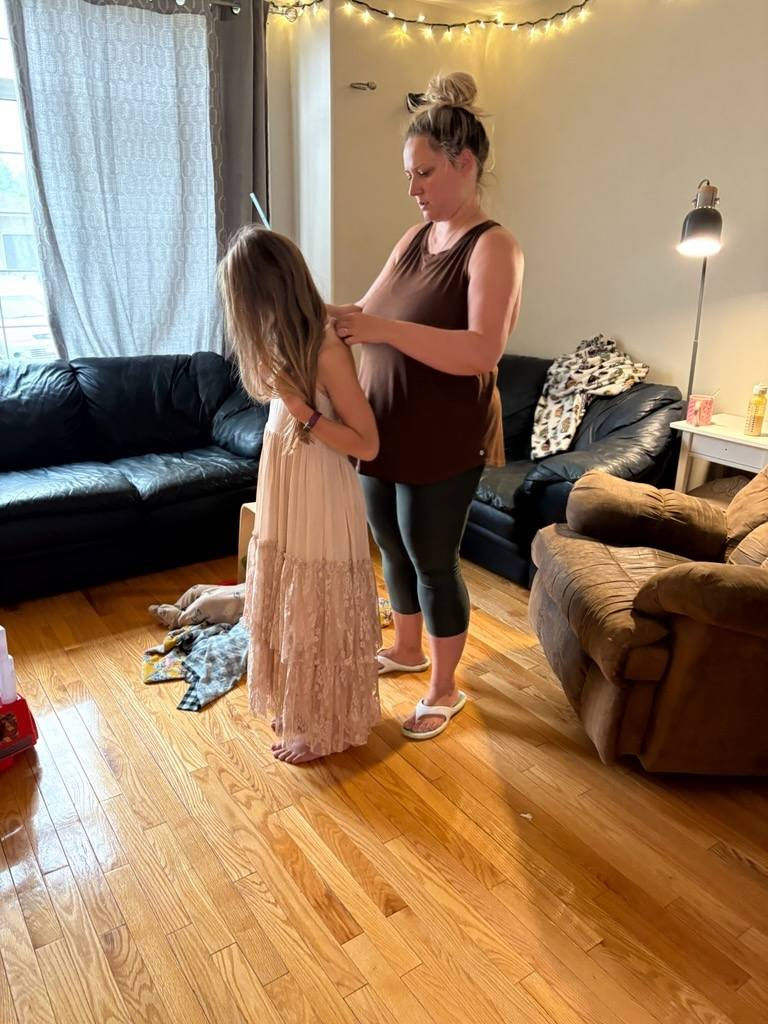Trauma, Transformation, and Testimony: Healing From Words That Wound
- theselfrespectproj
- Jun 25, 2025
- 3 min read
I’ve become passionate about not staying stuck in trauma. I don’t want to live as a victim of my story — I want to be the victor of it. But what I’ve noticed, both in myself and others, is how easy it is to get trapped in the cycle of talking about our pain without actually healing from it. It’s like we keep bringing it up, almost hoping for closure, but never taking the steps that lead us out of it.
I started recognizing this pattern in other people first — the way they would drop a painful moment into a conversation but have no follow-up, no path forward. And then I realized: I was doing the same thing. That awareness was the beginning of my healing.
So, what do you do when a parent comments on your weight in a cruel way?
Let’s not sugarcoat it — that stings. Deeply. And it can take years, sometimes decades, to untangle those words from our sense of worth. One thing that has helped me is this truth: sometimes, even people we’re related to — people who should love us unconditionally — try to hurt us. And when they do, they often aim for the lowest-hanging fruit: our appearance.
Think about it — commenting on someone's size or looks requires zero thought. It's the fastest way to strike. When someone wants to tear us down, their brain doesn’t have to dig deep. They just go for what’s obvious. But when it's a family member? That’s a different kind of wound.
What’s helped me process this is understanding the human brain a little better. When someone makes a hurtful comment — especially one that wasn’t invited — they're seeking a sense of pleasure. I know that sounds messed up, but hear me out.
We’re wired to seek dopamine. Even if someone says something mean, it gives their brain a hit of reward — a twisted kind of satisfaction, especially if it gets a reaction. So in a very real way, their pleasure comes from our pain. That doesn’t make it okay—not at all—but it does help explain it. And sometimes, understanding why someone behaves a certain way helps us release the grip it has on our hearts.
But why would a relative want to hurt us? Just to be mean?
Sometimes... yes. But often, it’s deeper than that.
Family members who cause drama or lash out are usually carrying their pain. They’re like a rubber band stretched too far and suddenly released — snapping wildly, not because of what you did, but because they don’t know how to deal with their tension. Maybe they’ve convinced themselves you’re to blame. Maybe they’re projecting. But either way, their words are theirs to own, not yours.
You don’t have to carry someone else’s unresolved wounds.
There is power in walking away from words that sting. Yes, they leave scars — but scars can heal. They can fade. They don’t have to keep reopening. You can reach a point where someone would have to look closely to even see where the wound was.
Once the trauma has happened, it becomes our responsibility to heal. That might feel unfair, but the truth is, if we keep pointing the finger, we stay stuck. We re-traumatize ourselves again and again.
But forgiveness? That’s transformative.
It can take a sore subject like weight — something used against you — and turn it into a testimony. A story of how you overcame. Not with bitterness. Not with revenge. But with strength and softness. With truth and grace. With the decision to be the hero, not the villain.




Comments